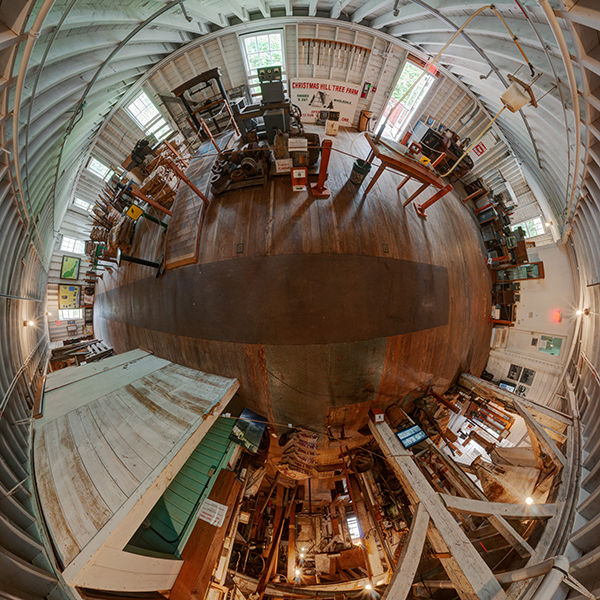It often seems as if science has explained the basics of how the world works, and the remaining mysteries are interesting details that aren’t directly related to daily life. Questions about the very beginning of the universe or what’s going on in black holes may be interesting and fundamental to an ultimate theory of everything, but it’s hard to believe they have practical application.
However, history shows that solving such mysteries can change our understanding in such profound ways that it cascades through our lives in unexpected ways. So, we need to be careful with the still limited understanding we have of reality and be aware of places where we still have things to learn. Some mysteries, because they are at the edge of science, may benefit from other modes of thinking, even if only to make sure the right questions are being asked.
An example of this sort of limited knowledge is the challenge of understanding consciousness, and in particular, how it relates to material reality. In other words, is consciousness strictly a result of physical, material processes, or does it result from something outside of these?
At one time this might have been considered a somewhat abstract question, with application to only a few, narrow places in medicine. However, with the advent of AI, these questions may become fundamental influences in the future of our species.







